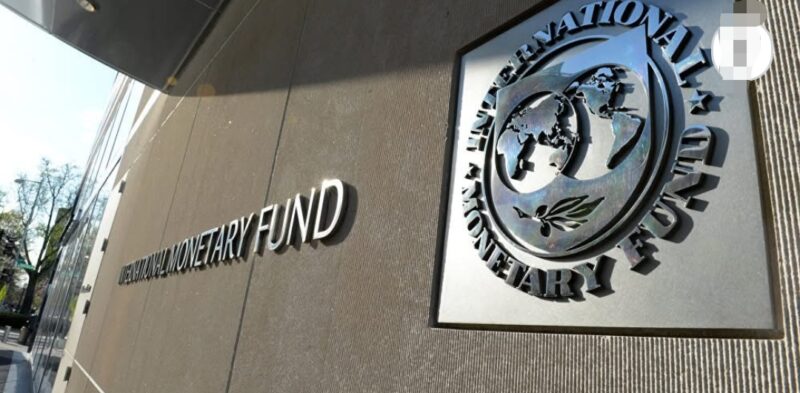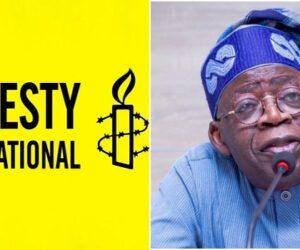The International Monetary Fund (IMF) has urged Nigeria and other countries to cut down their mounting debt burdens, warning that unchecked borrowing could hinder economic progress.
According to The Guardian, Kristalina Georgieva, the IMF Managing Director, made this appeal on Monday during a civil society town hall at the ongoing World Bank and IMF annual meetings. She emphasized that excessive debt limits governments’ capacity to tackle economic challenges and invest in key sectors.
“We must focus intensely on reducing debt levels because excessively high debt suffocates economies,” Georgieva cautioned.
Advertisement
READ MORE : Katsina Government Opens Peace Talks With Armed Bandits To End Years Of Violence
Data from the Debt Management Office (DMO) shows that Nigeria’s total public debt climbed to ₦152.39 trillion as of June 30, 2025. Out of this figure, ₦80.55 trillion ($52.67 billion) represents domestic debt, while ₦71.84 trillion ($46.98 billion) accounts for external obligations.
Nigeria’s debt has ballooned since President Bola Ahmed Tinubu assumed office in May 2023, rising by 348.6 percent in naira terms — from ₦33.3 trillion in June 2023 to ₦152.39 trillion in March 2025. The debt service-to-revenue ratio has also surged to 156.8 percent as of early May, up from 29.1 percent in 2014. In response, Tinubu has requested legislative approval to raise $2.3 billion through Eurobonds and $500 million in sukuk to refinance maturing debts and fund infrastructure projects.
Among states, Lagos recorded the highest domestic debt at ₦874.03 billion, followed by Rivers State with ₦364.39 billion. Jigawa had the lowest at ₦1.06 billion, while Ondo stood at ₦11.76 billion.
Georgieva highlighted that the debt challenge is global, noting that while debt levels are still climbing in advanced and emerging economies, low-income countries face difficulty managing existing levels due to limited access to financing.
“Even where debt is declining, it remains extremely challenging for low-income nations to sustain growth,” she remarked.
She reaffirmed the IMF’s commitment to policies that will help reduce global debt levels and build economic resilience, particularly for nations like Nigeria that are balancing development imperatives with debt sustainability.








